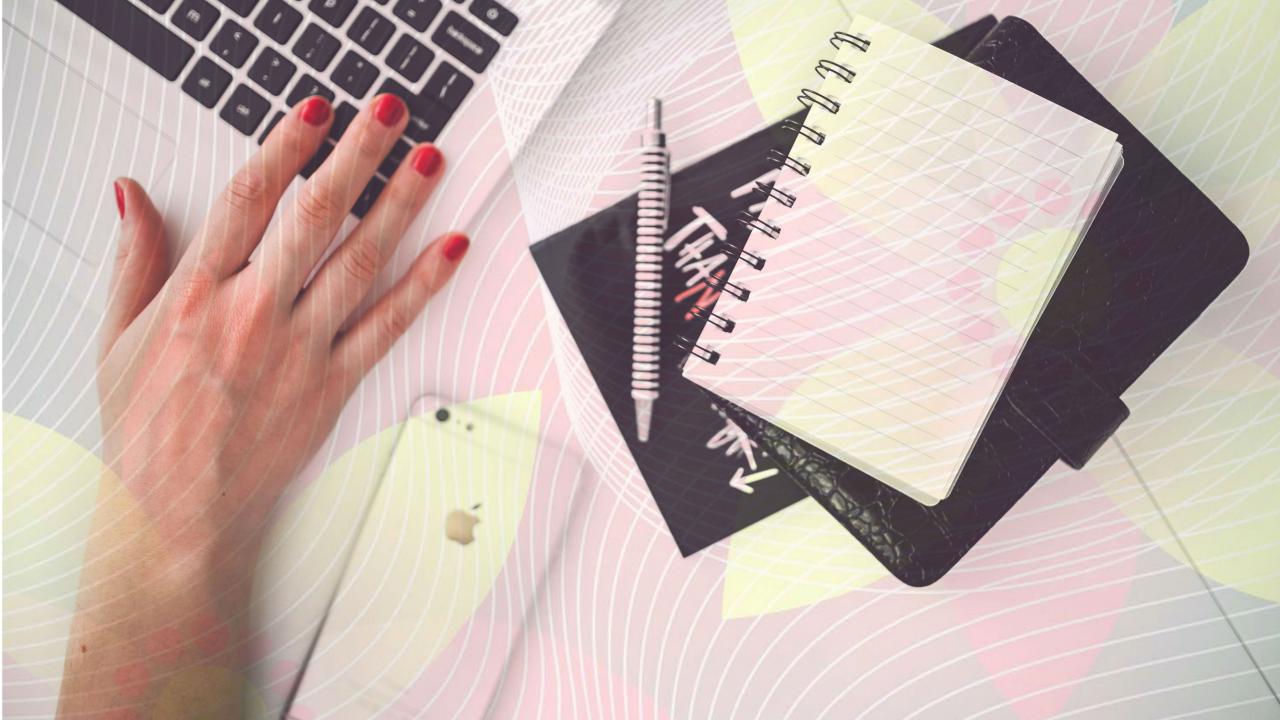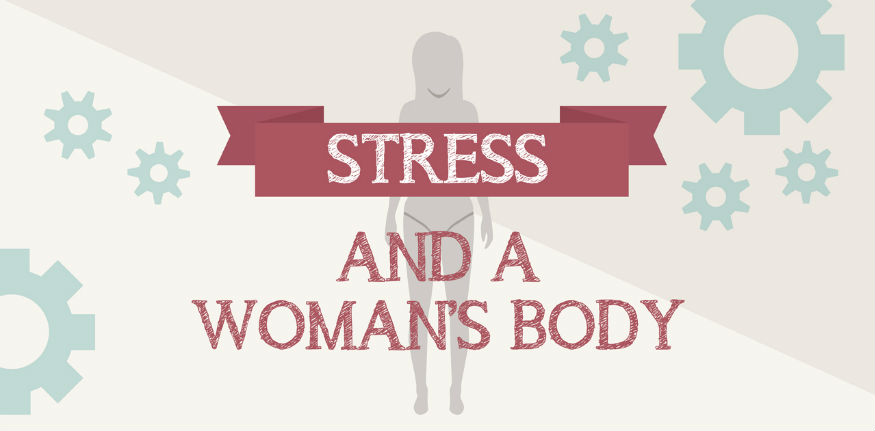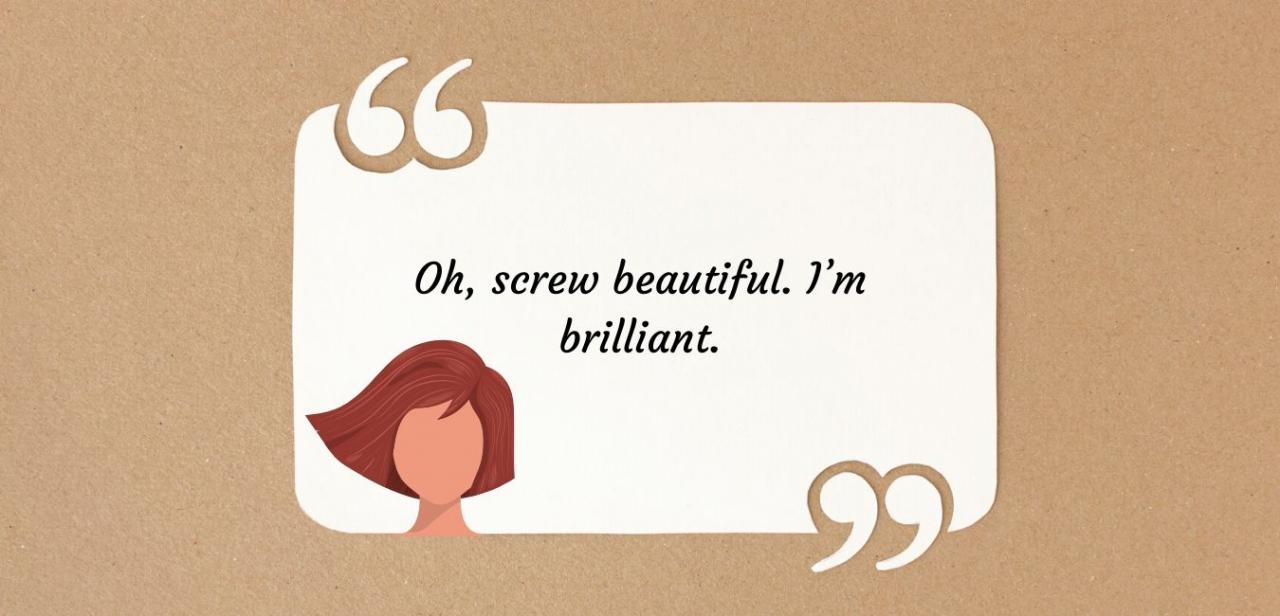 B-D-S/PhotoSpin
B-D-S/PhotoSpin
Physical and sexual abuse can often be seen on the bodies of its victims. Bruises, scars, infections, breaks and fractures are common signs of these kinds of abuses.
Abuse is never okay, no matter what the circumstances. It can cause profound negative effects that can last a lifetime.
Another abuse that's possibly less talked about is psychological abuse, also called emotional or verbal abuse.
This is an invisible infliction. There is no physical evidence, no broken bones, no broken furniture. Yet broken minds and spirits are the side effects that many American men, women and children suffer from due to psychological abuse.
Most relationships start off very well, with kindness, fun, romance and commitment. But as time progresses, and people get more invested and even dependent on the relationship, things can sometimes take a turn for the worse.
The Centers for Disease Control and Prevention describes psychological abuse as behavior that "involves trauma to the victim caused by acts, threats of acts, or coercive tactics."
Some of the ways this is done, accord to the CDC, include:
- Humiliating the victim
- Controlling what the victim can and cannot do
- Withholding information from the victim
- Getting annoyed if the victim disagrees
- Deliberately doing something to make the victim feel diminished
Name-calling, put downs, shouting and physical intimidation (like towering over a person or yelling face-to-face at them) are also signs of psychological abuse.
Women can also be psychological abusers. What may often be called "nagging" their husbands or partners can actually be very emotionally abusive.
Harassing him as soon as he gets home, putting him down, calling him names, and public humiliation is something some women do, and this is classic emotional abuse.
Psychological abuse of children includes cruel words, making them feel worthless. Ignoring them, name-calling, intimidation and threats of violence are all ways that parents or other adults can emotionally abuse a child.
People who are emotionally abused can end up feeling worthless because they have been told they are. They don't trust themselves to make good decisions, they don't feel worthy of love or attention.
They are sometimes left in financial ruin due to their abusers ignoring their financial rights and decisions and controlling their money, credit cards and credit.
An emotionally abused person may be unable to form healthy relationships with others or may turn to substance abuse to cope with the physiological pain that remains long after abuse has ended.
Some don't know how to remove themselves from an abuser -- they are simply too mentally beaten down to know how to leave. They are withdrawn, isolated, and overwhelmed with hopeless.
Do you feel like you are being psychologically abused? HelpGuide.org is a health service dedicated to all aspect of healthy living both physical and psychological. It has a lot of information about what abuse is, including psychological abuse which, the website states, can be even worse than physical abuse.
The site also describes abusers as well able to control their abuse behaviors, picking and choosing who to abuse and picking the right times and places. Abusers are not out of control. Quite the contrary.
They abuse carefully, stopping and starting at certain times to avoid detection and shifting blame to their abused partner. Abusers can be charming and outgoing to the outside world, sinister and frightening at home.
Help.org lists several ways an abuser works:
"Dominance – Abusive individuals need to feel in charge of the relationship. "
"Humiliation – An abuser will do everything he or she can to make you feel bad about yourself or defective in some way."
"Isolation – In order to increase your dependence on him or her, an abusive partner will cut you off from the outside world. "
"Threats – Abusers commonly use threats to keep their partners from leaving or to scare them into dropping charges."
"Intimidation – Your abuser may use a variety of intimidation tactics designed to scare you into submission."
"Denial and blame – Abusers are very good at making excuses for the inexcusable. They will blame their abusive and violent behavior on a bad childhood, a bad day, and even on the victims of their abuse."
For signs that you may be being abused, and for ways to get or give help, click here.
Remember that there is no reason or excuse for someone to abuse you. It is not your fault and you've done nothing wrong, despite what your abuser tells you.
Abusers don't get better on their own and it is not your job to "fix" them, even if you want the relationship to work.
Getting out of the toxic relationship is the most important first step and taking time to heal should be a priority. For both men and women, The National Center for Domestic Abuse (including physiological abuse) can be contacted at: 1-800-799-7233 (SAFE).
Sources:
The Center for Disease Control and Prevention. Injury Center. PSYCHOLOGICAL/EMOTIONAL ABUSE. Web. Retrieved March 27th, 2014.
http://www.cdc.gov/ncipc/pub-res/ipv_surveillance/11_section34.htm
HelpGuide.org. Domestic Violence and Abuse. Signs of Abuse and Abusive Relationships. Web. Retrieved March 27th, 2014.
http://www.helpguide.org/mental/domestic_violence_abuse_types_signs_caus...
Reviewed March 31, 2014
by Michele Blacksberg RN
Edited by Jody Smith




Add a CommentComments
There are no comments yet. Be the first one and get the conversation started!